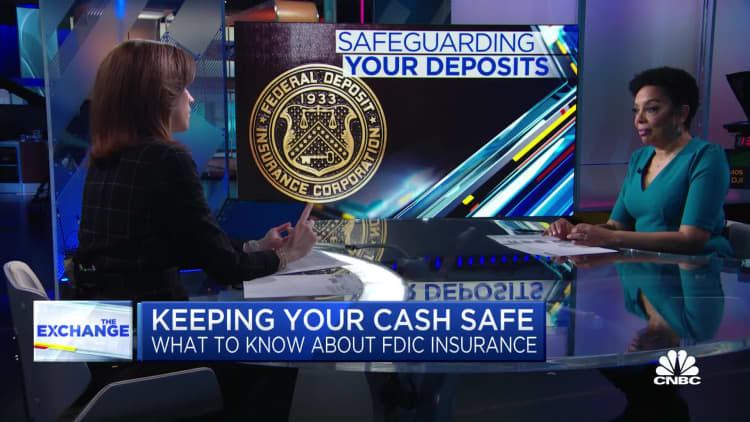Jamie Grill | Getty Images
More than half of savers are prioritizing short-term financial goals in 2023, including emergency savings, according to a recent study from Fidelity Investments. And a recent Personal Capital survey found building an emergency fund is a top priority for 2023.
“It’s always a balance,” said certified financial planner Catherine Valega, founder of Green Bee Advisory in Boston. While maxing out your 401(k) should be the goal, your emergency savings are also important, she said.
Aim for your full 401(k) match
Leslie Beck, a Rutherford, New Jersey-based CFP and owner of Compass Wealth Management, said she has a “rule of thumb” for how to decide between retirement and emergency savings.
She always recommends contributing enough money to your 401(k) to get the full company match. If your emergency savings are short after that, you should “definitely” divert any additional funds to build up that cash reserve, she said.
How much you need for emergency savings
Guido Mieth | DigitalVision | Getty Images
If you’re single, Beck suggests keeping “close to a year’s worth of essential expenses” to cover necessities such as your home, food and utilities. Other advisors have recommended three months to one year of expenses, depending on your situation.
“You should have a year’s worth [of expenses] in case there’s a downturn in the employment market, which we may or may not be heading into,” she said, noting it often takes longer than expected to find a job after a layoff, especially for higher-compensated employees.
However, her recommendation changes for dual-earning couples. “I cut that back to six months, maybe even three months, depending on what industry you’re employed in,” Beck said.

And there may be some flexibility if you have access to a home equity line of credit, which may be another source of cash for emergency expenses, Beck said. But you need to be “very judicious” when tapping equity because borrowing after a job loss can put your home at risk, she said.
Valega suggests an emergency fund of 12 to 18 months of expenses, admitting she’s “more conservative than most,” but says the exact number depends on your career sector and personal preference. For example, she may encourage clients in tech to set aside more than health-care workers.
 EU News Digest Latest News & Updates
EU News Digest Latest News & Updates



